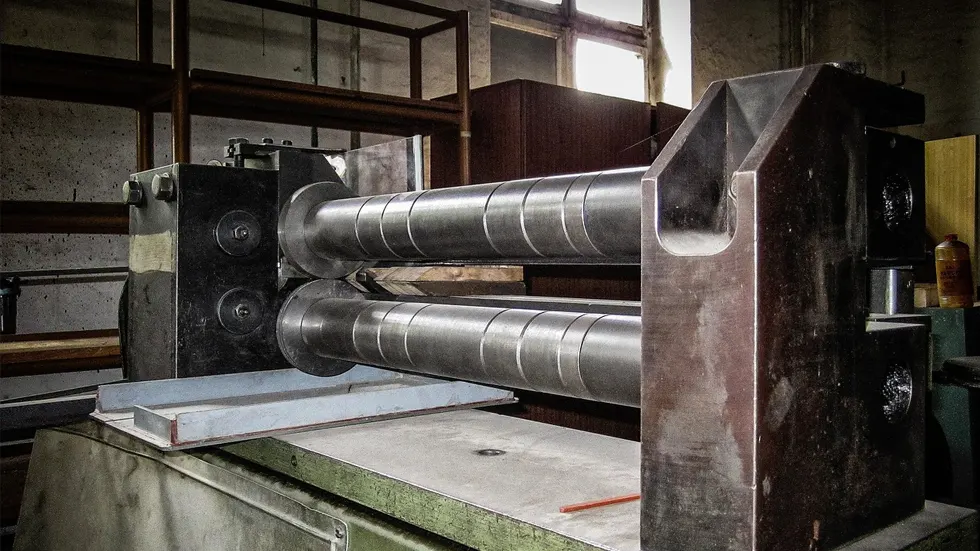
The Hidden Value in Nigeria’s Manufacturing Supply Chains
When evaluating manufacturing investments, many focus exclusively on the end product. But our experience has shown that the real opportunity often lies in strengthening the supply chains that make production possible.
Consider our investment in food processing. While the facility itself creates jobs and increases the value of agricultural products, we’ve discovered that some of the most significant returns come from improving how materials move from farms to production lines.
By investing in collection centers closer to farms, providing training on quality standards, and creating more transparent pricing systems, we’ve seen dramatic improvements in both raw material quality and farmer incomes. These supply chain improvements reduce waste, improve consistency, and build stronger relationships with suppliers.
One palm oil processor we work with reduced input costs by 12% not by squeezing farmers on price, but by helping them improve harvesting techniques that preserved oil content during transport. The farmers earned more for higher-quality fruit, while the processor gained efficiency – a genuine win-win.
For investors considering manufacturing opportunities in Nigeria, looking one step back in the value chain often reveals the most impactful investments. Strengthening these connections between production and raw materials doesn’t just improve business outcomes – it creates resilience throughout the economic ecosystem.
The most valuable manufacturing investments address the entire production journey, not just the final assembly line.
